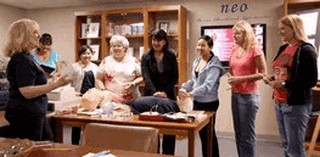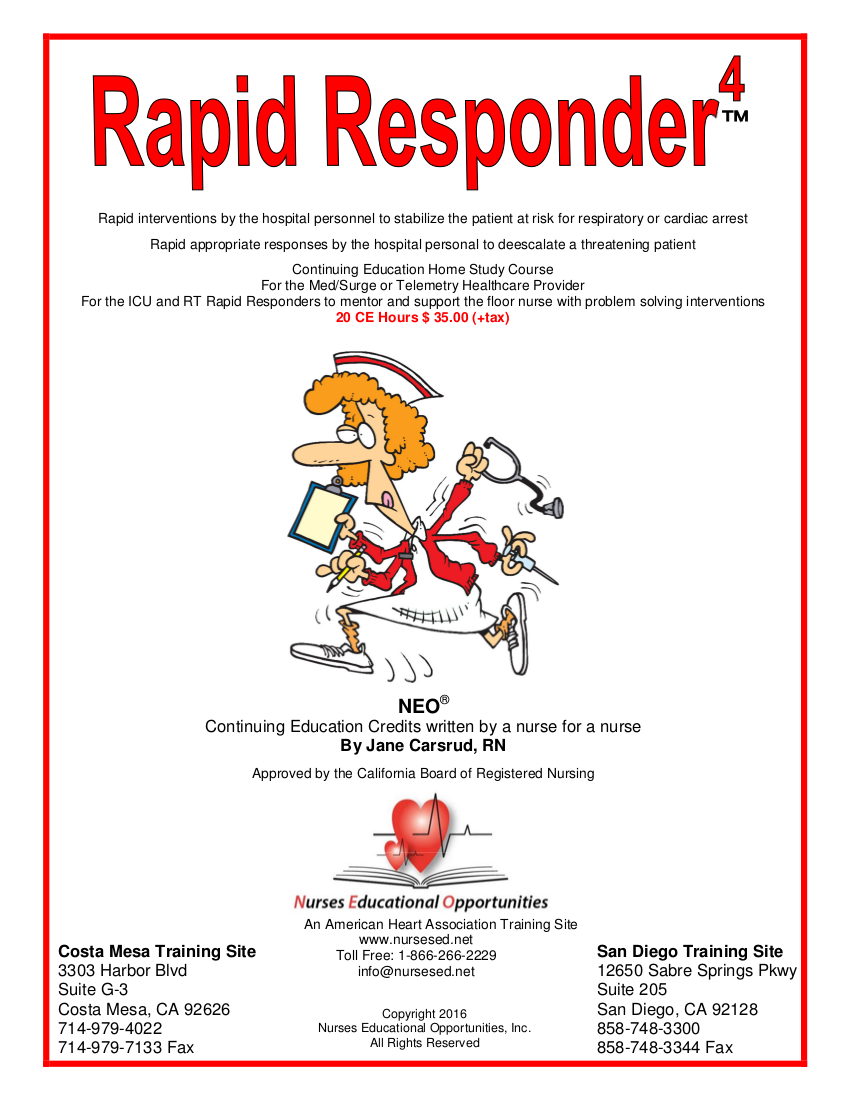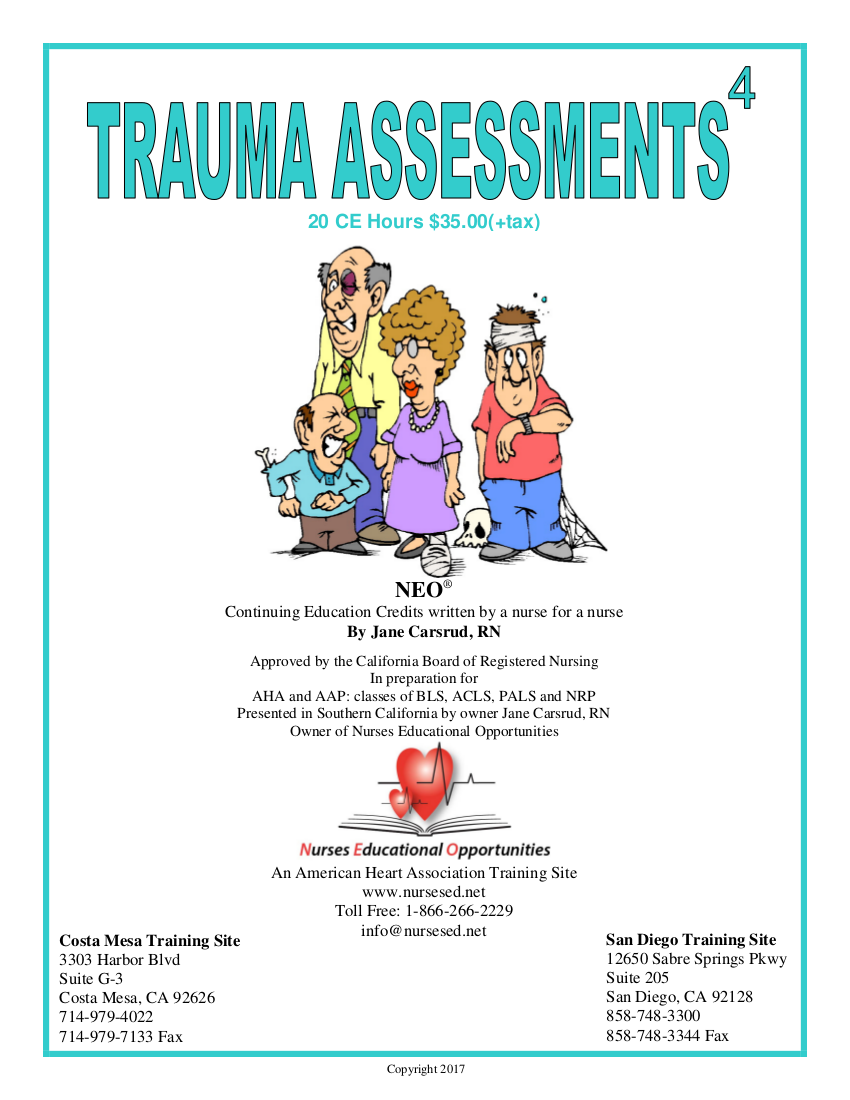-
AHA ACLS, AHA BLS, AHA PALS, All Services, American Heart Association, Featured This Month, Maternal Child Health, Neonatal Intensive Care NICU, New Grad Maternal Child Program, New Graduates of Nursing, NRP Skills, Nursing Advocacy, Orange County, San Diego, Specialty
How to Develop your Critical Thinking Skills
“Inquiring minds want to know” Critical thinking is the ability to think clearly and rationally about what to do. Nurses with critical thinking skills are able to understand the logical connections between patient adversities and treatment. To illustrate, a reciprocal connection exists between a nurse and his/her patient where the nurse is the patient’s advocate and the patient relies on the nurse to be his or her advocate. Moreover, nursing is an honorable profession, and nurses are the heart and soul of the healthcare system. It is the nurse that the patient spends the most time during his or her stay in the hospital, therefore critical thinking for nurses is a…
-
AHA ACLS, AHA BLS, AHA NRP, AHA PALS, ICU/ER Track, Labor and Delivery, Neonatal Intensive Care NICU, NRP Skills, Nursing Advocacy, Orange County, San Diego
Klebsiella pneumoniae and Healthcare Acquired Infections
Do you know why Healthcare Acquired Infections are on the rise? One reason is Klebsiella pneumoniae. Actually, Klebsiella pneumoniae CAN be a friendly bacterium, especially to our environment and GI tract; but nurses don’t turn your back! These little capsule wearing, sticky suckers can cause serious havoc to the fragile lungs. To put it briefly, Klebsiella pneumoniae can be an opportunistic bacterium. In fact, it can cause a dangerous form of bacterial pneumonia in children, the elderly and immunocompromised individuals. Contact with feces allows people to serve as reservoirs and transmit the bacteria from person to person. Under those circumstances, these individuals can become severely ill or die from complications.…
-
Patient-Family Centered Care
When a child becomes ill, the entire family needs care. In order to create a true healing environment, we must make every effort to keep families together, communicate fully and frequently, and make shared decisions. Patients and families are partners in care. This is referred to as Patient & Family Centered Care, or PFCC. The following principles provide a foundation for Patient and Family Centered Care: We treat patients and families with dignity and respect. We provide clear, comprehensive information in ways that are useful and empowering. We create opportunities for patients and families to participate in ways that enhance their control and independence. We ensure that collaboration is inherent…
-
Multi-disciplinary Care
Teamwork is important in nursing because it provides faster, safer and more efficient patient care. Teamwork in nursing care has a variety of benefits such as improved outcomes, effective communication, enhanced colleague knowledge and increased job satisfaction. Nurses do not only treat patients, they also offer information to patients and families and provide emotional support to those who may require it. In today’s health care market, the practice of teamwork has gained in popularity. This is especially true for professional nurses. When nurses function as part of a unit, and when they act as part of a team, the job itself is easier and more efficient. Moreover, overall patient care…
-
Critical Thinking for Your Nursing Career
I remember in the beginning of my professional career. As a student nurse I was evaluated on tasks that needed to be done and done in a timely manner. At the end of my shift as a young student nurse I obediently sharpened the used needles, placed them in a glass container, stuffed some cotton at the end and sterilized the needles. I had all of the thermometers soaking in “green soap” to be rinsed and ready for the next shift. I had my charting done and ready for shift report. I gave compassionate nursing care. I was task-orientated. I believed I was a valued RN. Task-orientated nursing refers to…







